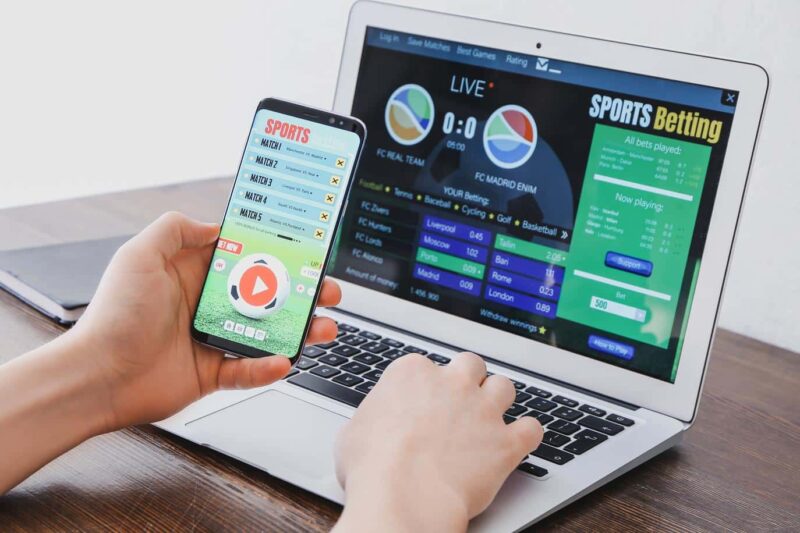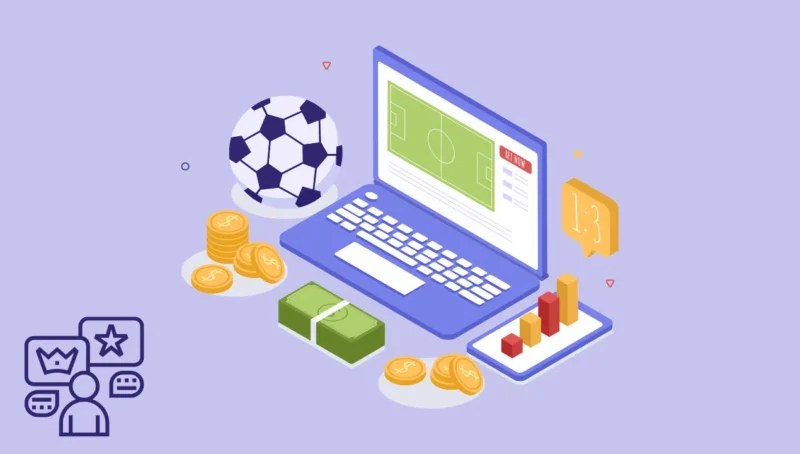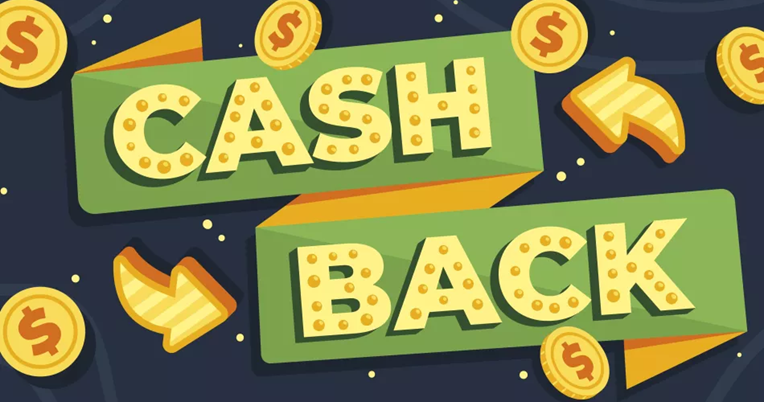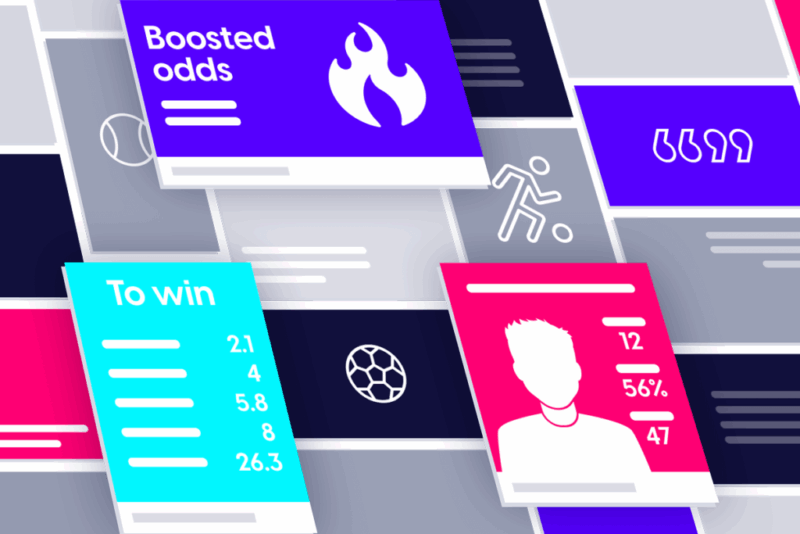Sports fans know that loyalty programs in online sportsbooks are not just about “free bets” or “bonus points.” They’re carefully designed ecosystems that keep players engaged, reward consistency, and create a sense of community. If you run a business – whether in sports, retail, or entertainment – you can take some of those winning concepts and apply them to your own loyalty strategy.
The goal isn’t to copy-paste what betting platforms do, but to borrow their most effective features and adapt them to fit your customers’ habits.
Key Points
- Borrow proven reward mechanics and adapt them to your industry.
- Use tier-based systems to make customers feel they’re “leveling up.”
- Offer real, valuable rewards that motivate repeated engagement.
- Incorporate gamification – people love tracking progress.
- Keep loyalty programs transparent and easy to join.
1. Tiered Rewards that Encourage Progress

One of the most effective loyalty models in sportsbooks is the tier system. Just like online betting sites give you a Bronze, Silver, Gold, or VIP status, your program can reward milestones. Customers should see a clear path to “level up,” which triggers the same motivation athletes feel when chasing personal bests.
For example, if you run an online shop, you could have:
- Tier 1: Welcome perks after first purchase.
- Tier 2: Unlock discounts after 5 orders.
- Tier 3: VIP offers after 15 orders.
The psychology here is simple: no one wants to lose their hard-earned status, so they keep coming back.
2. Using Sportsbook-Style Bonuses to Drive Return Visits
Sportsbooks often give out free bets, reload bonuses, or seasonal offers tied to major events. In your business, these can translate into surprise discounts or early access during peak periods.
For instance, during the NBA Finals or Champions League week, you could offer a special bonus code for your most loyal customers. Platforms like bet365 are masters of this approach – they don’t just throw out random rewards; they tie them to real events that fans are already excited about. The anticipation factor makes the bonus feel relevant, not forced.
3. Gamified Challenges that Keep Customers Hooked

Gamification is more than a buzzword. In sportsbooks, this means leaderboards, achievement badges, and streak bonuses. Translating this into other industries could mean:
- Rewarding customers who make purchases on consecutive weeks.
- Giving badges for referring friends or trying new product categories.
- Hosting monthly “challenges” where participants who meet certain criteria win exclusive perks.
The competitive aspect keeps people checking back, just like bettors follow their stats and betting slips.
4. Event-Based Reward Multipliers
In the sports betting world, odds change with events, and bonuses often scale up during high-stakes games. Your loyalty program could do something similar.
Example: Double loyalty points during Black Friday, or triple points when a new product drops. This limited-time urgency pushes customers to act now rather than later.
You can also link the multiplier to something your audience follows – say, giving a bonus if their favorite team wins that week.
5. Exclusive VIP Perks for High-Value Customers
Every sportsbook has a VIP club – private betting managers, special event invites, and faster withdrawals. You might not be running a sportsbook, but you can still give top-tier customers experiences others can’t buy.
This could be:
- Private shopping events.
- One-on-one product consultations.
- First access to new collections or services.
The VIP model works because it’s aspirational. People like feeling part of an “inner circle,” especially if it’s built on loyalty rather than just spending power.
6. Streak Rewards for Consistency

Online sportsbooks often reward players who log in or place bets several days in a row. This builds habit. You can do the same by offering escalating rewards for consistent engagement.
For example:
- Week 1: Small coupon.
- Week 2: Bigger discount or bonus item.
- Week 3: Entry into a prize draw.
This taps into the same psychology as daily workout streaks in fitness apps – nobody wants to break their run once it’s started.
7. Referral Bonuses That Benefit Both Sides
In sportsbooks, a “refer a friend” program often rewards both the referrer and the new player. This makes the invite feel less salesy and more like sharing a good deal with a fellow fan.
You could offer:
- Store credit for both parties.
- Bonus points for each successful referral.
- An exclusive reward for hitting multiple referral milestones.
People trust recommendations from friends far more than ads, so the dual-incentive model has a built-in advantage.
8. Seasonal & Big-Event Promotions
Sportsbooks time their promotions around big events – World Cup, Super Bowl, Olympics. For your business, that means anchoring loyalty rewards to moments when your audience is naturally paying attention.
If you’re in retail, launch bonus offers tied to holidays or seasonal shifts. If you’re in hospitality, offer special perks during local festivals. The point is to give people a reason to interact with you during these “high-attention” periods.
9. Cashback Models that Feel Like a Win

Cashback is a familiar sportsbook tactic – lose a bet, get part of your stake back. In other industries, you can flip it to “buy and get a percentage back in store credit.”
It doesn’t have to be huge – sometimes even 5% cashback keeps customers thinking about their next purchase. The beauty of this system is that it encourages them to return to use their credit, keeping the cycle going.
10. Personalised Offers Based on User History
Online sportsbooks have advanced data tracking – they know your favorite teams, betting patterns, and preferred odds. You can do the same with your customers by tailoring offers based on what they buy, when they buy, and how often.
This could mean sending targeted promotions for products they’ve purchased before, or recommending similar items. The more personal it feels, the more effective it becomes.
Wrapping It Up
Sportsbooks have mastered the art of turning casual visitors into loyal customers. By blending tiered rewards, gamification, event-based bonuses, and personalized perks, you can create a loyalty program that keeps people engaged over the long term. The key is not just offering rewards, but making them feel earned, relevant, and connected to moments that matter to your audience.
Loyalty is less about points and more about connection. If customers feel like part of a team, they’ll keep showing up – game after game, purchase after purchase.







